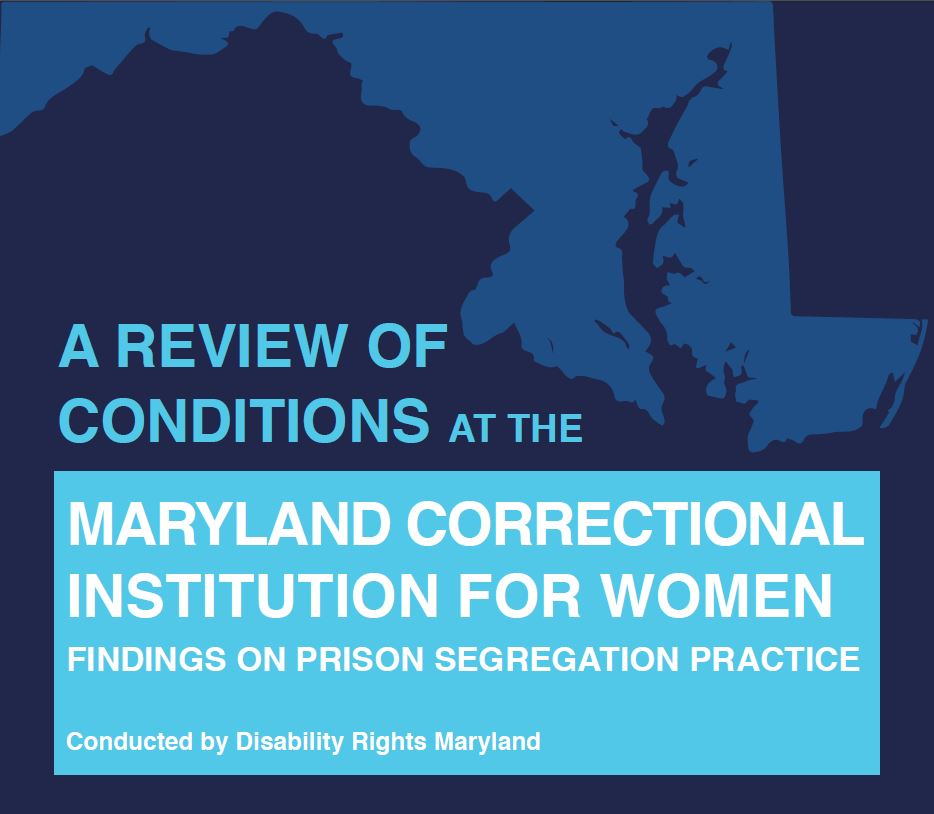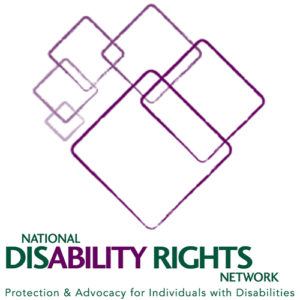DRM Paralegal, Teri Sparks, served on the Governor’s Commission for the Effective Community Inclusion of People with Intellectual and Developmental Disabilities. The Commission brought together law enforcement, advocates, state agencies, family members, including the family of Ethan Saylor, and self-advocates to develop recommendations for the training of law enforcement that would provide awareness about intellectual and developmental disabilities and would lead to safe interactions.
Self-advocates made clear their wish to feel safe, understood and included. DRM served on the subcommittee to draft training objectives that were adopted by the Maryland Police Training Commission, for cadets and veterans of law enforcement. In 2015, Maryland passed legislation creating the Ethan Saylor Alliance for Self-Advocates as Educators.
Subsequently, the Maryland Department of Disabilities established the Ethan Saylor Alliance Steering Committee, staffed by Department of Disabilities staff Jennifer Eastman and co-chaired by Teri Sparks from DRM and Erica Wheeler, Self-Advocate & Trainer. The steering committee works to insure that appropriate training and supports are in place for self-advocates to participate in meaningful ways as trainers of law enforcement. In 2018, the steering committee awarded funds to two organizations, including Loyola University, to develop and implement curricula to prepare self-advocates to participate in meaningful ways as trainers of law enforcement. You can learn more about the Ethan Saylor Alliance by visiting: http://mdod.maryland.gov/about/Pages/Saylor-Alliance.aspx
CBS Baltimore shared coverage of a police training session at Loyola University. Actors with intellectual and developmental disabilities perform reality-based training scenarios to improve police encounters with people with disabilities:
On January 17, 2019, Ethan Saylor’s mother, Patti Saylor, was featured on WYPR’s “On the Record” discussing the officer training sessions.





